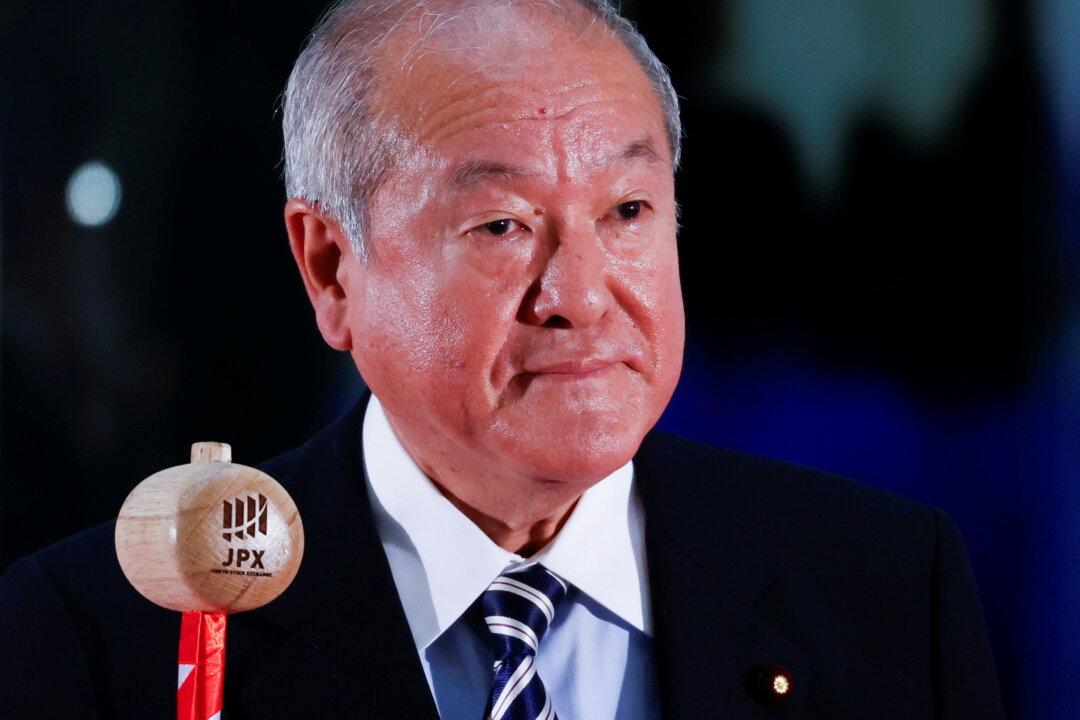TOKYO—Japan will closely watch exchange-rate moves as market stability was “very important,” Finance Minister Shunichi Suzuki said on Tuesday in the wake of the yen’s decline to a five-year low against the dollar.
While Tokyo policymakers have traditionally favored a weak yen for the boost it gives to exports, the sliding yen has become a source of worry recently as it further inflates the cost of food, fuel, and raw material imports.





